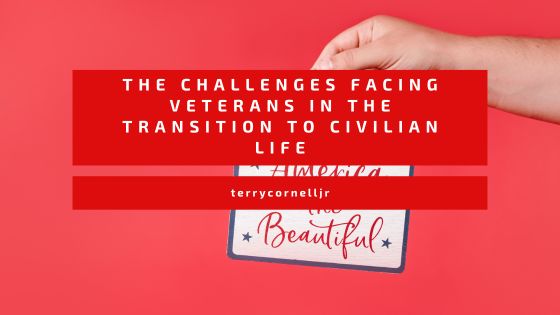Transitioning to civilian life can be a challenging and sometimes overwhelming experience for many veterans. After dedicating years to service, veterans must navigate a complex and often unfamiliar landscape as they return to civilian life.
Some of the challenges veterans may face in the transition to civilian life include:
Finding Employment: One of the biggest challenges facing veterans is finding a job that matches their skills and experience. While veterans have valuable skills transferable to the civilian workforce, it can be difficult to translate military experience into skills civilian employers comprehend. In addition, veterans may have gaps in their employment history due to their military service, making it even harder to find work.
Dealing with Physical and Mental Health Issues: Many veterans come home from their service with injuries, such as amputations or traumatic head injuries. They may also have mental conditions to make it challenging to maintain relationships, hold a job, and enjoy everyday activities.
Financial Struggles: While serving in the military, veterans may have had a steady income and benefits such as housing and healthcare. However, upon returning to civilian life, they may struggle financially. This can be due to difficulty finding employment or accessing the benefits they are entitled to.
Reconnecting with Family and Friends: Many veterans spend extended periods away from their families and friends while serving in the military. Returning home can be challenging to adjust to life with loved ones again. Veterans may struggle with communication, intimacy, and adjusting to new roles and expectations.
To address these challenges, several programs and resources are available to veterans as they transition to civilian life. Here are a few examples:
Job Training and Employment Assistance: Many programs are available to help veterans translate their military experience into terms that civilian employers can understand. These programs provide job training, career counseling, and assistance with job searches.
Mental Health Care: The Veterans Affairs (VA) provides a range of services to veterans, including counseling, therapy, and medication management. Several non-profit organizations also offer mental health support to veterans.
Financial Assistance: The VA provides several benefits to veterans, including disability compensation, education and training benefits, and home loan guarantees. In addition, some non-profit organizations offer financial assistance to veterans in need.
Family Support Services: The VA provides a range of services to support the families of veterans, including counseling and support groups. There are also non-profits to offer support to families.
The transition to civilian life is a process that takes time and may involve setbacks. However, with the right resources and support, veterans can successfully navigate this transition and thrive in their civilian lives.
